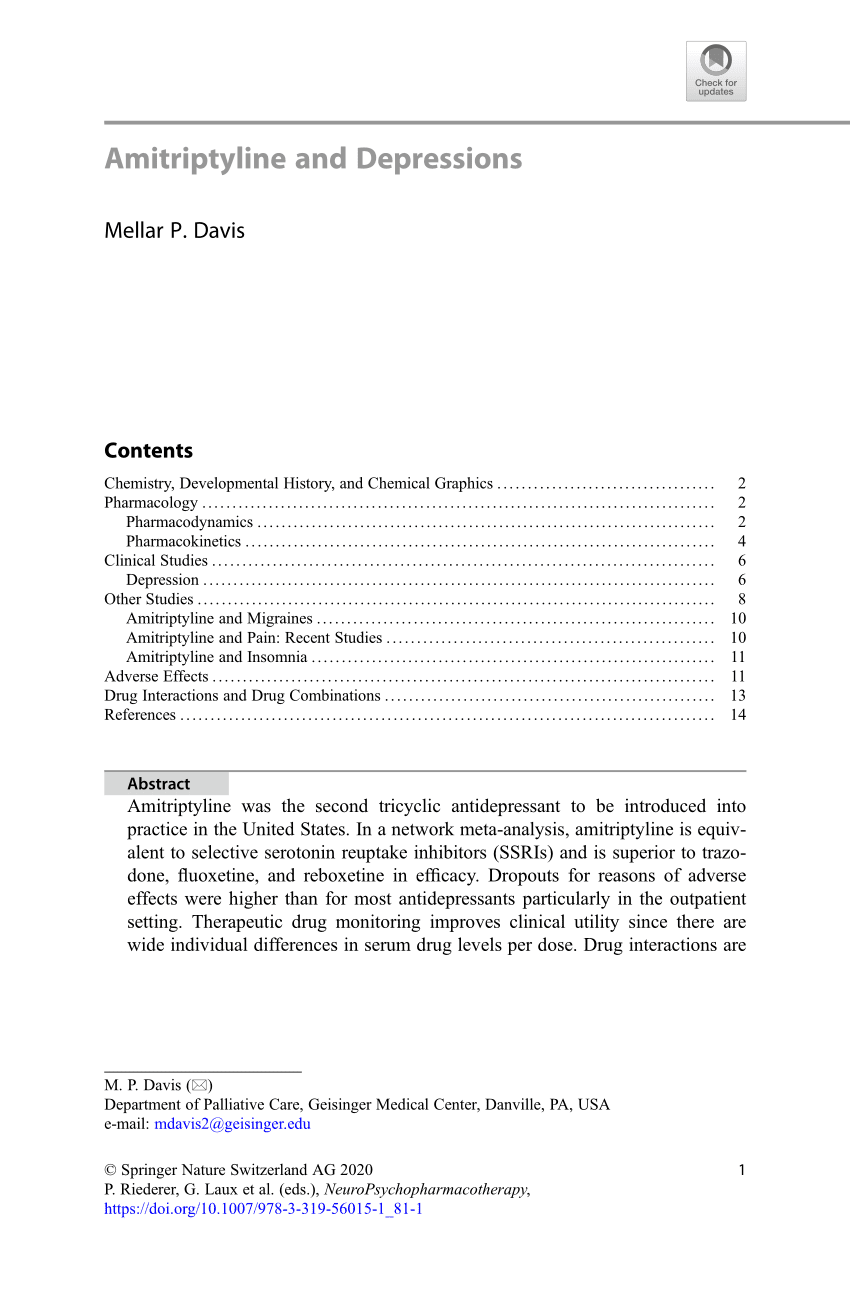Hey folks,
Update here regarding long haul COVID. Just got back from the "post COVID clinic" here in Scandinavia and wanted to share the experience.
The doctor asked a bunch of questions about my health history and my symptoms since the onset of this "long COVID" since earlier this year in March. After discussing with her (you can check my post history if you're curious, but what I'm dealing with is similar to ME/CFS more or less) she said that she thinks many things are causing long COVID but she said one of the main issues, she believes, is that the microglial cells of the body have been damaged/destroyed and so the nerves aren't being nourished with sugars as usual, causing sympathetic/parasympathetic nervous system malfunction and hence the crushing fatigue, weird pains in the body, etc.
She prescribed a bunch of blood tests, heart ultrasound to rule out other issues, physiotherapy and a psychologist. Then, she gave me a prescription for Amitriptyline which is an antidepressant.
I'm very leary of taking any pharmaceuticals so I wanted to get the forums thoughts on Amitriptyline. Don't know much about it, never taken antidepressants but apparently this is supposed to help me sleep better, relieve nerve pain and increase mood.
Any insight would be appreciated. Thank y'all.
Update here regarding long haul COVID. Just got back from the "post COVID clinic" here in Scandinavia and wanted to share the experience.
The doctor asked a bunch of questions about my health history and my symptoms since the onset of this "long COVID" since earlier this year in March. After discussing with her (you can check my post history if you're curious, but what I'm dealing with is similar to ME/CFS more or less) she said that she thinks many things are causing long COVID but she said one of the main issues, she believes, is that the microglial cells of the body have been damaged/destroyed and so the nerves aren't being nourished with sugars as usual, causing sympathetic/parasympathetic nervous system malfunction and hence the crushing fatigue, weird pains in the body, etc.
She prescribed a bunch of blood tests, heart ultrasound to rule out other issues, physiotherapy and a psychologist. Then, she gave me a prescription for Amitriptyline which is an antidepressant.
I'm very leary of taking any pharmaceuticals so I wanted to get the forums thoughts on Amitriptyline. Don't know much about it, never taken antidepressants but apparently this is supposed to help me sleep better, relieve nerve pain and increase mood.
Any insight would be appreciated. Thank y'all.





